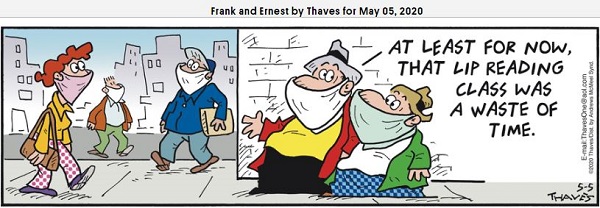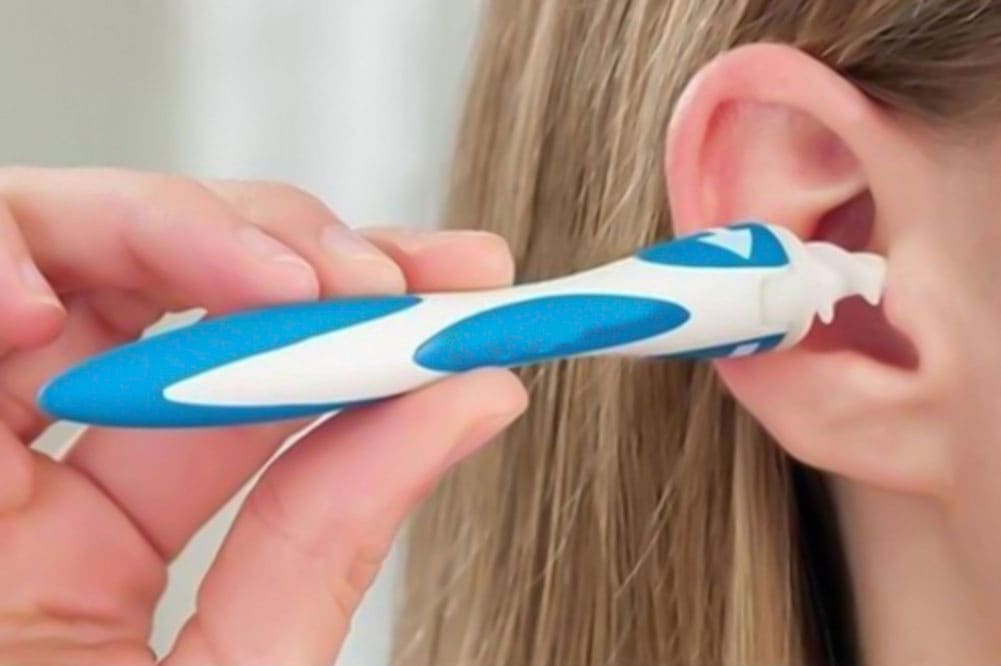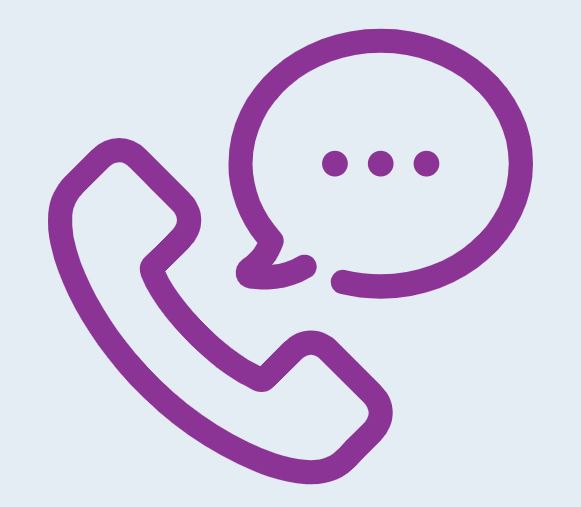
Wearing face masks is important to prevent further spread of the Covid-19 virus. Unfortunately, some country leaders don’t set a good example, e.g., German Chancellor Angela Merkel and U.S. President Donald Trump refused to wear them. But the masks make it hard for others to understand the speaker. Fortunately, there is a way to prevent these misunderstandings, namely to incorporate a transparent section that permits listeners to get the additional information by reading the speaker’s lips. You can buy them already made, or make them yourself.


